By James Lyons-Weiler, PhD, Contributor, The MAHA Report
Contrary to what mainstream media, Big Pharma and Big Medicine would have you believe, Robert F. Kennedy Jr. has not declared war on science. He has declared war on its systematic misuse and abuse. On the very mechanisms by which bureaucratic comfort, donor capture, and policy-first endpoints masquerade as scientific authority.
Nowhere is this more visible than at the Centers for Disease Control and Prevention (CDC), where RFK Jr.’s reforms have rattled the old guard—not because they are reckless, but because they are rigorous. If science is to retain its credibility in the post-pandemic era, it must not be above scrutiny. And scrutiny is exactly what Kennedy is delivering.
The CDC is almost never scrutinized. It’s long been given a pass, it’s science long upheld as unimpeachable. That needs to change.
There is a mountain of evidence that CDC has, in the Pre-Kennedy era, kept data hidden, used methods and tactics to bias epidemiological studies, refused FOIAs, enjoyed massively profitable conflicts of interest, issued guidance without any scientific evidence backing it up, and tortured the plain English communication standard required for public agency communication. Moreover, it has long supported maximum vaccine uptake, regardless of health consequences.
What Reform Really Looks Like
The critique from Kennedy and his allies is not that CDC staff are malicious. In testimony to the Senate Finance Committee, Kennedy made it clear: The CDC has made chaos of key data crucial for understanding the safety and efficacy of vaccines. Kennedy is doing what is necessary by the book to effect reform: First, focus on the processes by which CDC staff produce public-facing science. Second, and only if necessary, remove anyone who refuses to change their ways in light of new information.
Kennedy and his team know the reforms that are needed. They are technical and numerous, and the public can look forward to steps taken to repeal the data chaos he reported to the Senate Finance Committee.The agency's defenders point to a legacy of “success” in outbreak detection and rapid response but they never include the need for the CDC to be transparent and held accountable.
If the CDC is to become an effective agency, it must prove its worth —publicly and repeatedly.
A Pattern of Avoidable Failure
The rot is procedural, not personal. But the consequences have been concrete.
Biosafety: In 2014, the CDC mishandled viable anthrax and cross-contaminated influenza samples with H5N1. These were not whistleblower leaks—they were admitted by the agency itself.
EVALI (2019): CDC communications broadly blamed vaping for the outbreak of lung injuries. Only months later did analytical chemistry confirm vitamin E acetate as the culprit. The agency’s early ambiguity created public confusion and policy overreach.
Tamiflu (2006–2012): CDC supported aggressive stockpiling of oseltamivir, an antiviral medication used to treat and prevent influenza A and B. Only when independent researchers accessed the full clinical study reports did the benefit profile shrink considerably.
Mask guidance (2020): After publishing studies that 20 layers of cloth masks, and then 16 layers were sufficient to stop the SARS-CoV-2 virus, CDC did not correct then-NIAID head Anthony Fauci on his single-cloth-mask-theory as a policy claim, nor did they call out his flip-flopping.
Gaming cases, hospitalizations, and deaths (2021): Peer-reviewed studies showed that CDC’s means of accounting for key statistics resulted in biases in the number of cases or new variants depending on vaccination status. Myocarditis risks in young males were detectable by mid-2021, yet CDC's stratified guidance and risk communication lagged by months. Public confidence was eroded not by misinformation, but by institutional delay.
mRNA vaccine safety signal (2021): Myocarditis risks in young males were detectable by mid-2021. Yet CDC's stratified guidance and risk communication lagged by months. Public confidence was again eroded not by misinformation, but by institutional delay.
These failures share a common cause: policy was treated as a mandate to enforce, regardless of evidence.
Rebuilding by Method
Kennedy’s plan to eliminate fraud at CDC isn’t political—it’s procedural and data-driven. It calls for:
All CDC studies that shape policy must be registered before they begin.
When findings are published, the code, software, and raw data must be released at the same time.
Independent outside experts (“red teams”) must review CDC guidance before it’s made public.
The CDC Foundation must be cut off from any research that informs policy.
No one with conflicts of interest can serve on advisory committees such as the Advisory Committee on Immunization Practices (ACIP).
Every piece of CDC guidance must expire automatically unless updated with new evidence within a year.
Public statements must always include clear language about scientific uncertainty.
These are not “populist” demands. They are the bare minimum for a public science institution in the 21st century.
Chronic Disease is a Scientific Stress Test
CDC leadership has accused Kennedy of wanting to dismantle chronic disease prevention. In truth, he is calling for its elevation by enforcing scientific rigor.
CDC’s own data confirms that over 90% of America’s healthcare spending is tied to chronic and mental illness. That scale demands evidence of medical solutions that are falsifiable, reproducible, and conflict-free. Yet much of the CDC’s chronic disease work relies on observational, population-level studies with fragile assumptions. Guidances and policies have been drawn more from correlation than gold-standard science.
If the agency wants to keep its seat at the table on chronic disease, it must earn it. That means moving from correlation studies to experiments. The Kennedy standard demands just that.
Questions for Dr. Susan Monarez during Wednesday’s Hearing
Dr. Susan Monarez is scheduled to testify before the Senate on September 17, in an attempt to rebut the rationale for her dismissal as CDC Director. The hearing is an opportunity to shine light on CDC failures.
Here are questions each U.S. Senator at the hearing could ask:
“Dr. Monarez, in your time at CDC, did you do anything to find those responsible for the CDC’s disastrous response to Covid-19 and fire hose responsible for the policies that triggered that failure?”
“Can you cite any randomized, controlled trial that proves a 20-layer cloth mask, a 16-layer cloth mask, or a single-layer cloth mask can prevent transmission of SARS-CoV-2 or any similar-sized virus? Why did the CDC and Dr. Fauci promote all three at different points in 2020? Why did CDC not rebut Dr. Fauci’s errant claims about masking publicly?”
“Do you agree with Dr. Jay Bhattacharya’s position that vaccination strategies should be risk-stratified? Is it your opinion that individuals with minimal expected benefit be shielded from unnecessary vaccine-related risk?”
“Has the CDC made a good-faith effort to estimate and track vaccine injury, particularly in children and pregnant women? Why did Dr. Tom Shimabukuro omit key indicators of risk in all three of his studies presented to U.S. vaccine advisory committees on the use of Covid-19 vaccines in pregnancy?”
“Should CDC employees who refuse to implement updated directives – if those directives are based on new, more accurate science—be removed if their refusal is based on outdated or false information?”
“In your professional judgment, has the CDC ever engaged in deliberate misrepresentation of vaccine risk—whether for injury, hospitalization, or death—due to antigen or other vaccine ingredients?”
Kennedy is not going to destroy the CDC; he is going to rebuild it around scientific first principles: openness, testability, independence, and replication. CDC is currently in its deconstruction phase. Reconstruction will follow with strong direction and oversight.
When the current Secretary of HHS succeeds, future CDC directors will no longer need to clear policy through public relations. They will let the data speak. And they will ensure the public can check the math and, most importantly, benefit from reality-based policies and practices in public health.
That’s not a war on science. It’s a war on fraud. And it’s long overdue.



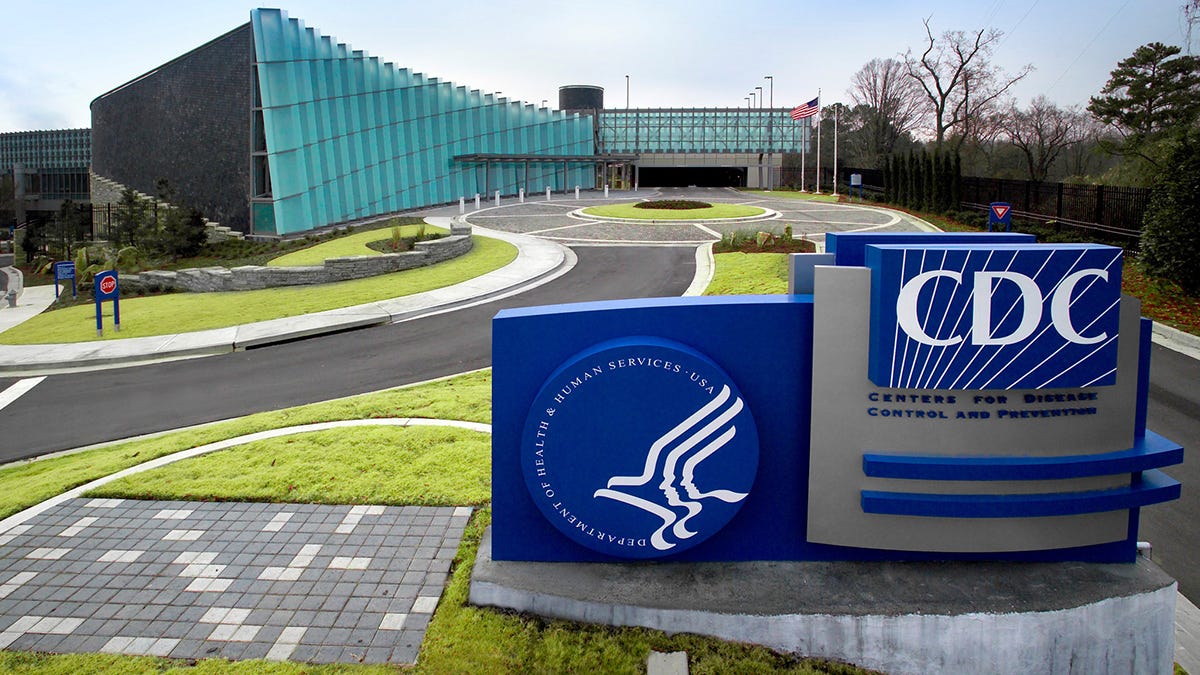
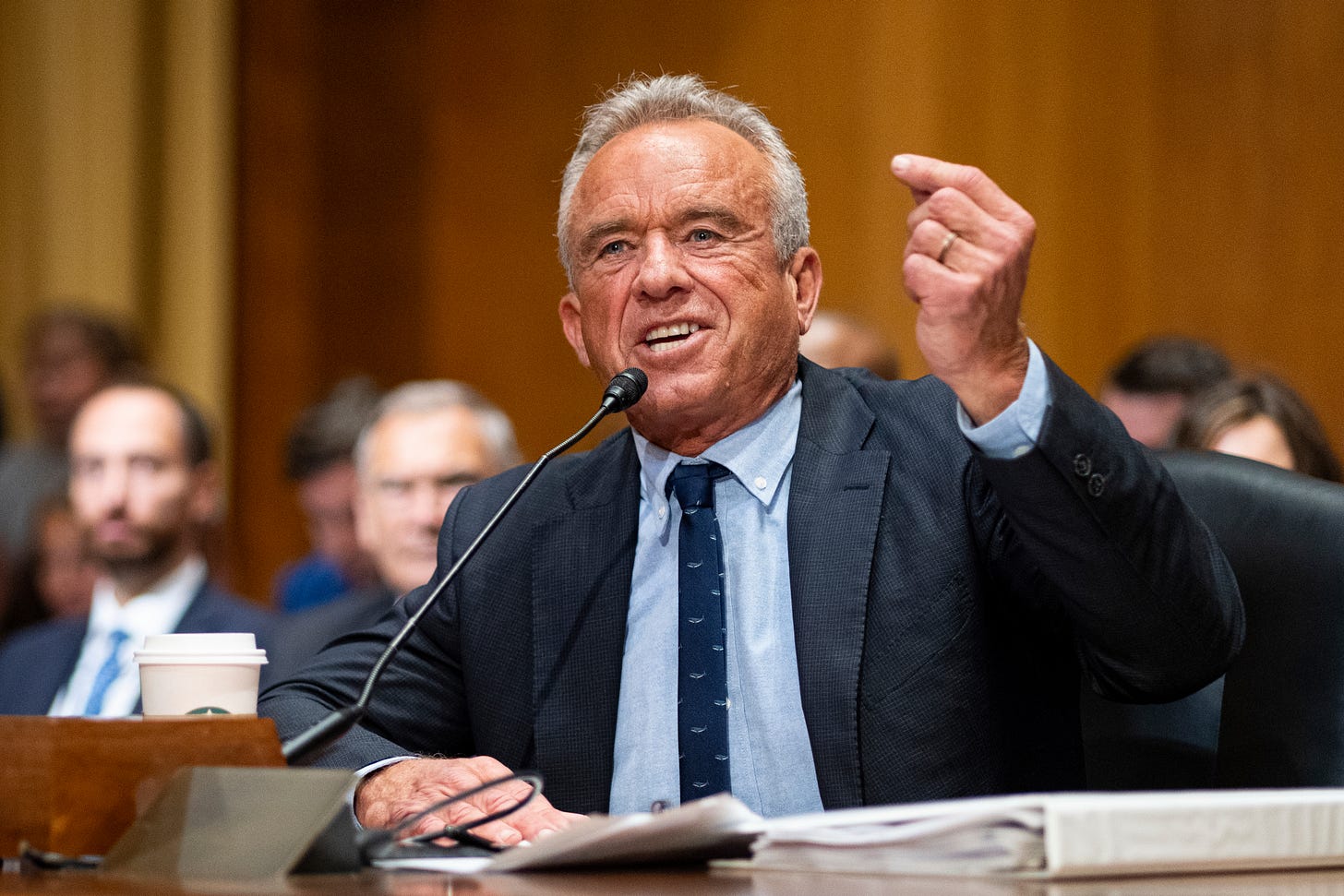
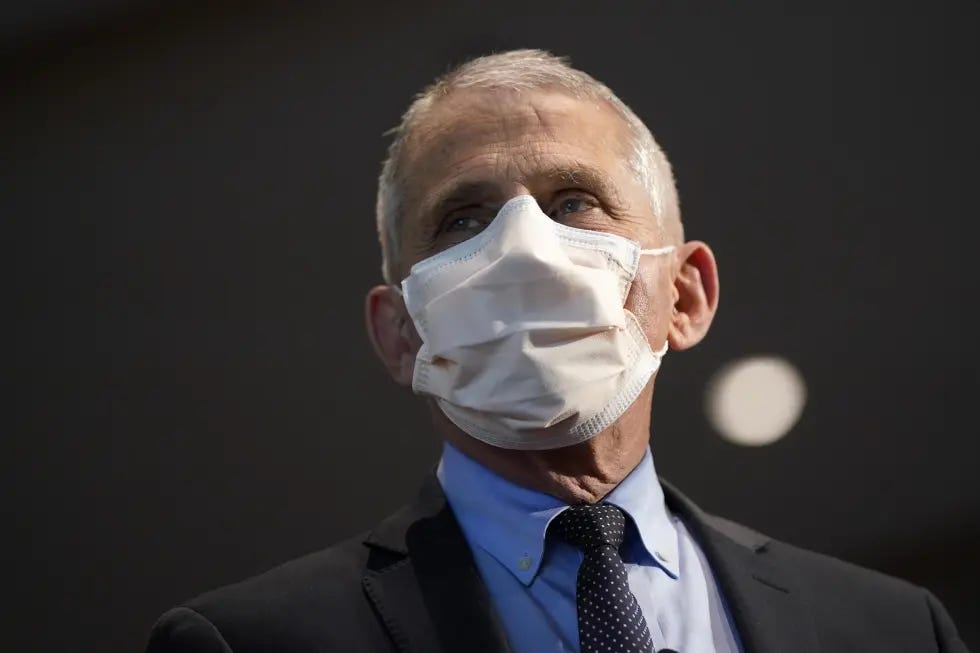
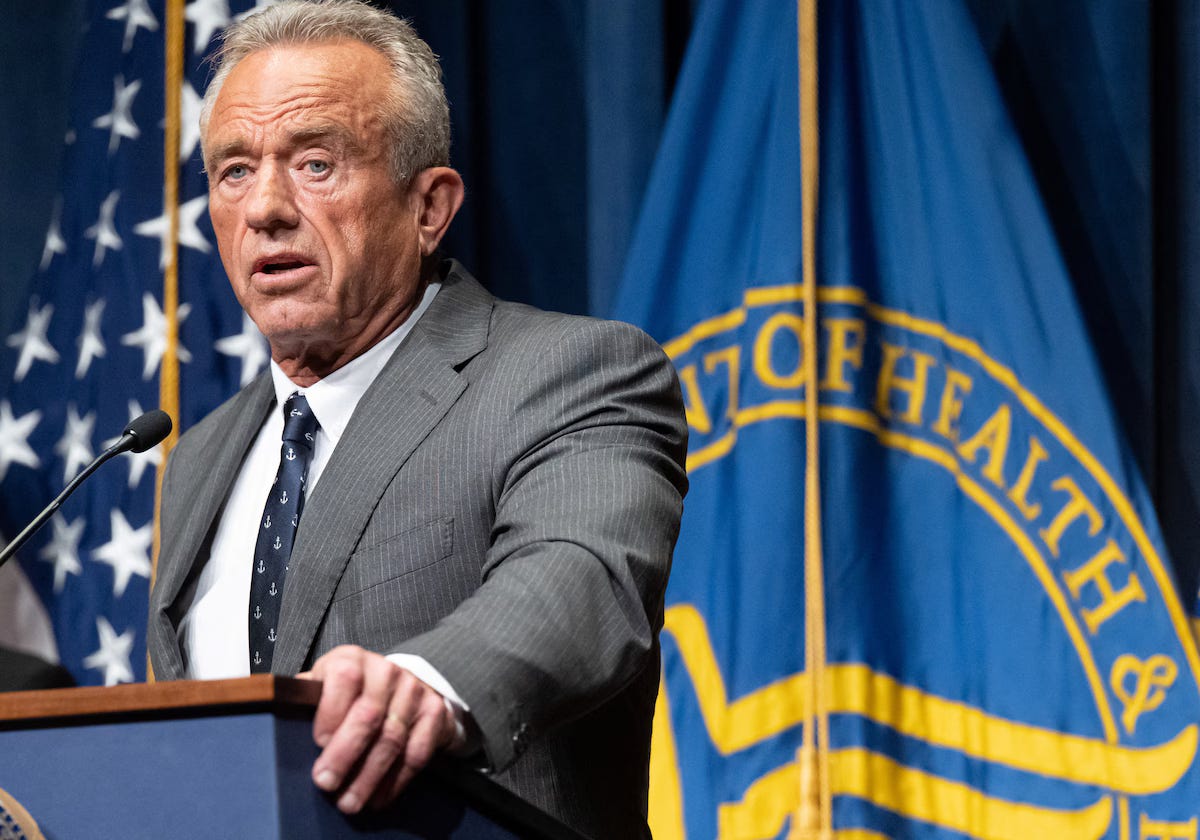
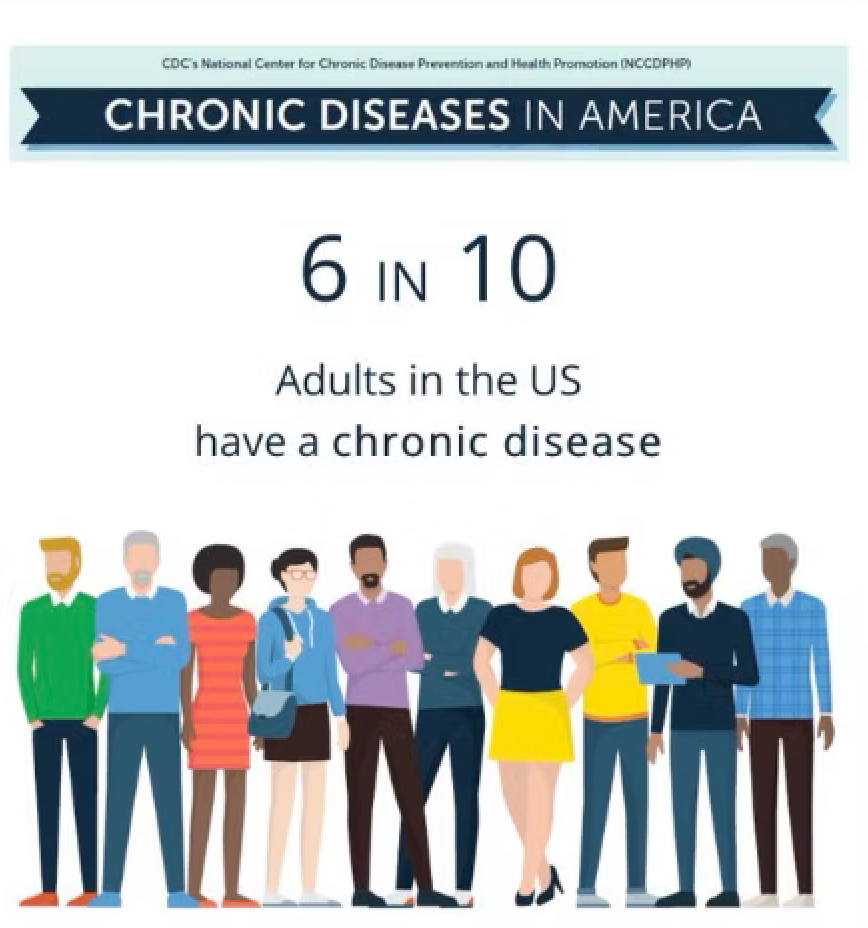
Excellent post that really clarified for me Kennedy’s approach to reform the CDC. Thank you!
Summming it up! We have had consensus science and not legitimate factual and analytical science to back up decisions at the CDC. The result is our children have become pin cushions for $$ and it has now been extended to all Americans under the RNA push that encompasses over 200 research studies. Massaging the research to have a drug or injection approved needs to end now!